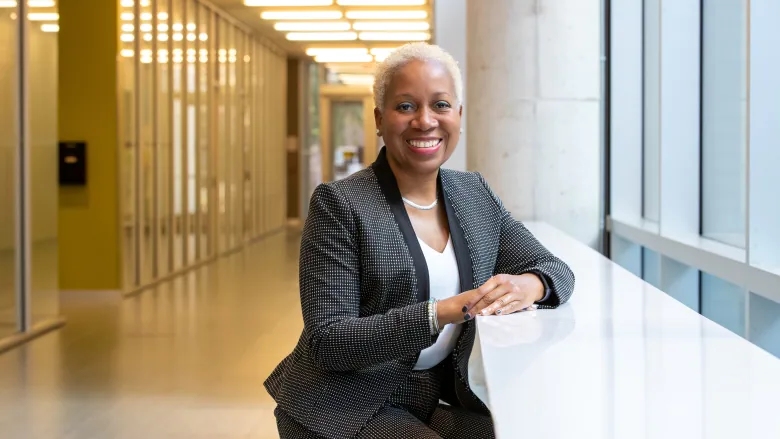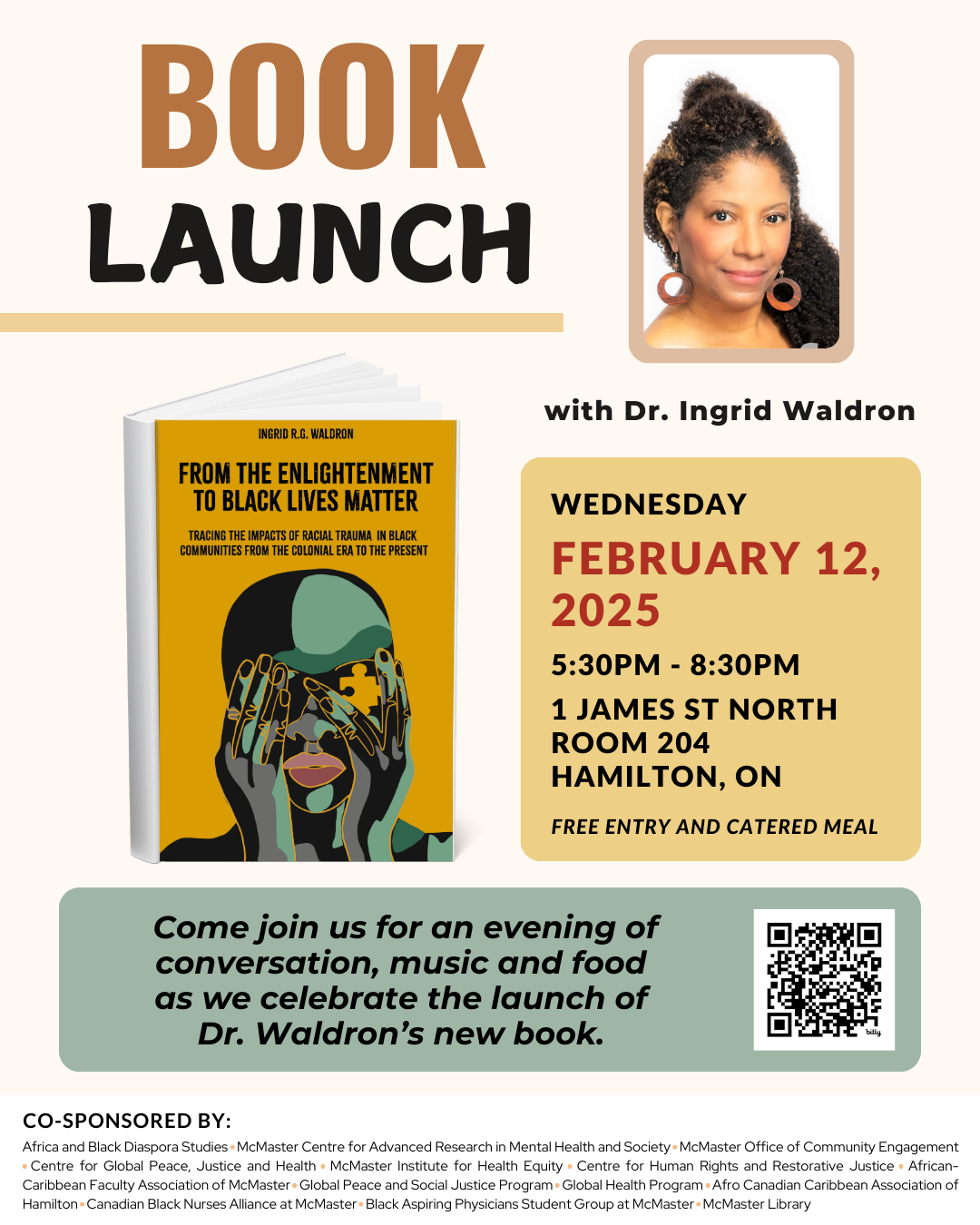Juliet Daniel came to Canada from Barbados in 1983 to study medicine, but decided to pursue cancer research after a personal tragedy. After 21 years of being the only Black female scientist at McMaster University, she says she aims to encourage Black Canadians ‘to aspire to more than just those traditional buckets … that Black success has been categorized into.’ 5:11
Daniel said she “didn’t want to set foot in a hospital” after that because she felt physicians “couldn’t save [her] mom, they couldn’t save [her] neighbour.”
“I wanted to do more applied research where I felt it would really have an impact on human cancers,” said Daniel.
So she moved to Memphis, Tenn., for a post-doctoral research fellowship at St. Jude Children’s Research Hospital, where she discovered a new gene in 1999. Daniel named it the Kaiso gene — after calypso, a popular form of Caribbean music.
Daniel was hired by McMaster University as a professor the same year, and focused her research on triple-negative breast cancer (TNBC), a type of cancer that disproportionately affects young Black women.
In 2012, Daniel realized that the Kaiso gene is very highly expressed in cancer cells. In 2017, her lab demonstrated that Kaiso plays a role in the proliferation and survival of TNBC cells.
In 2020, she co-founded the Canadian Black Scientists Network to “showcase the excellent research” Black scientists are doing in different fields across Canada.
She’s now fighting to address anti-Black racism at McMaster and have more diversity in STEM fields, acting as a mentor to aspiring young scientists.
“We really need more Black scientists in general,” she said.
“I hope that [in] 2022 we see a real uplifting and rise of more Black professionals in all professions so that our young children in the high schools and elementary schools can see that.”
Being Black in Canada: My Journey Here is a special series where Black Canadian immigrants share the joys and obstacles on their paths to Black excellence. From their first steps in Canada to the moments that shaped their lives.




